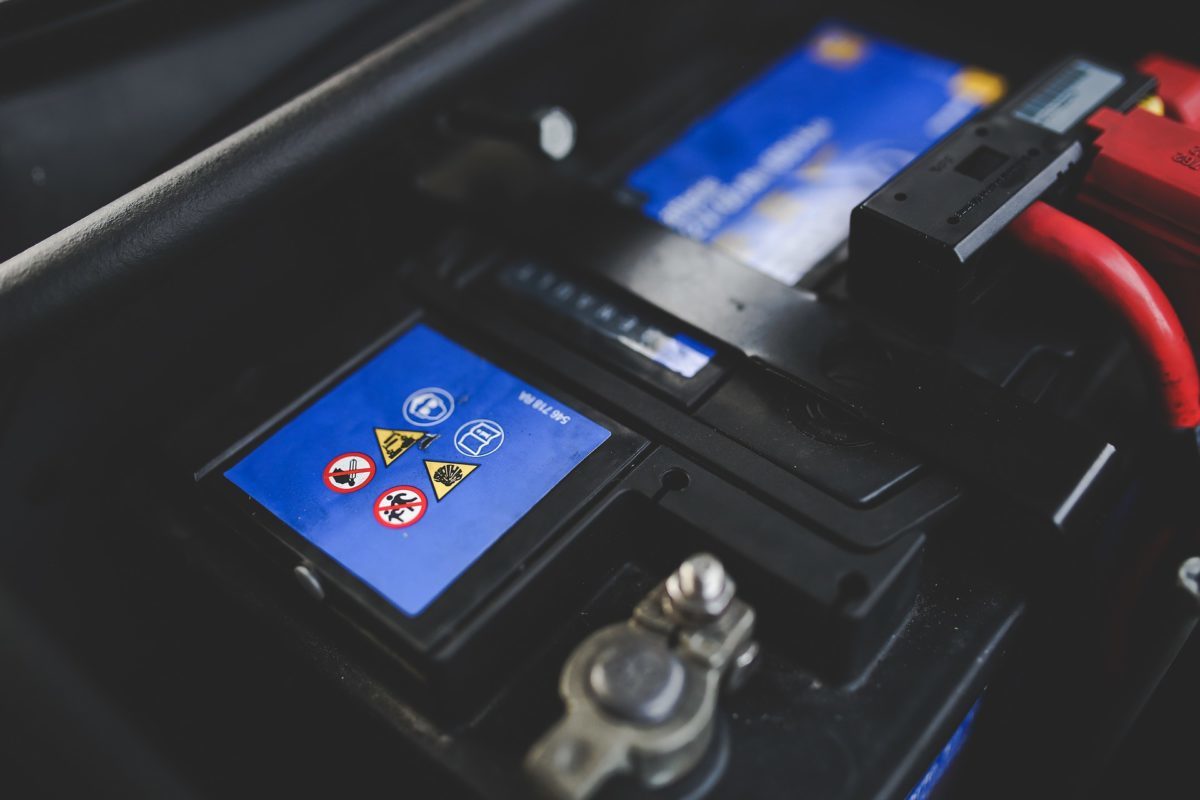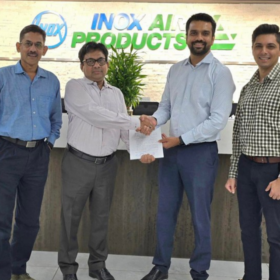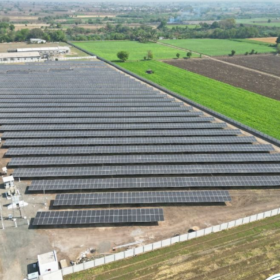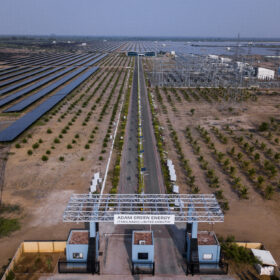From pv magazine International
Researchers from China’s Xidian University are proposing to use waste lead from lead-acid batteries for the manufacturing of perovskite for solar cells.
In the Lead acetate produced from lead-acid battery for efficient perovskite solar cells study published in Nano Energy, the scientists described the proposed single one-step spin-coating method as a way to recycle the battery lead without causing secondary pollution.
The essential concept is to grab the lead acetate Pb(AC)2 from the cathode and anode regions of the battery and mix lead-containing materials with acetic acid (CH3COOH). This simple process is said to deliver high-purity lead acetate (Pb(Ac)2), which works as an effective precursor material for solar cells based on halide perovskites.
The recovered lead was tested in the production of a heterojunction perovskite cell which had a conversion efficiency of 17.38%, the researchers stated.
The scientists suggested that, through this process, the perovskite achieves a better crystallization, yielding dense films with high light-harvesting efficiency. “In particular, the perovskite thin film derived from cathode has the largest particles and the least number of holes,” they said.
Compared to other expensive and energy-intensive methods used to recover lead from the batteries, the researcher say that this new approach has lower annealing temperature and shorter annealing time – which could result in lower costs and energy consumption.
“Our research is still limited to the laboratory,” the researchers admitted. But they believe that this new technique could get out of their lab to become a procedure suitable for the industry. “The single one-step spin-coating method can fabricate efficient perovskite solar cells with high repeatability,” they stated.
A week ago, researchers from the U.S. Department of Energy’s National Renewable Energy Laboratory (NREL) unveiled a new a technique to dramatically reduce lead leakage in perovksite solar cells. They applied a lead-absorbing film to the front and rear of a perovskite cell. “Under conditions of severe solar cell damage in a lab setting, the lead-absorbing films sequestered 96% of lead leakage,” accoridng to NREL.
This content is protected by copyright and may not be reused. If you want to cooperate with us and would like to reuse some of our content, please contact: editors@pv-magazine.com.









By submitting this form you agree to pv magazine using your data for the purposes of publishing your comment.
Your personal data will only be disclosed or otherwise transmitted to third parties for the purposes of spam filtering or if this is necessary for technical maintenance of the website. Any other transfer to third parties will not take place unless this is justified on the basis of applicable data protection regulations or if pv magazine is legally obliged to do so.
You may revoke this consent at any time with effect for the future, in which case your personal data will be deleted immediately. Otherwise, your data will be deleted if pv magazine has processed your request or the purpose of data storage is fulfilled.
Further information on data privacy can be found in our Data Protection Policy.